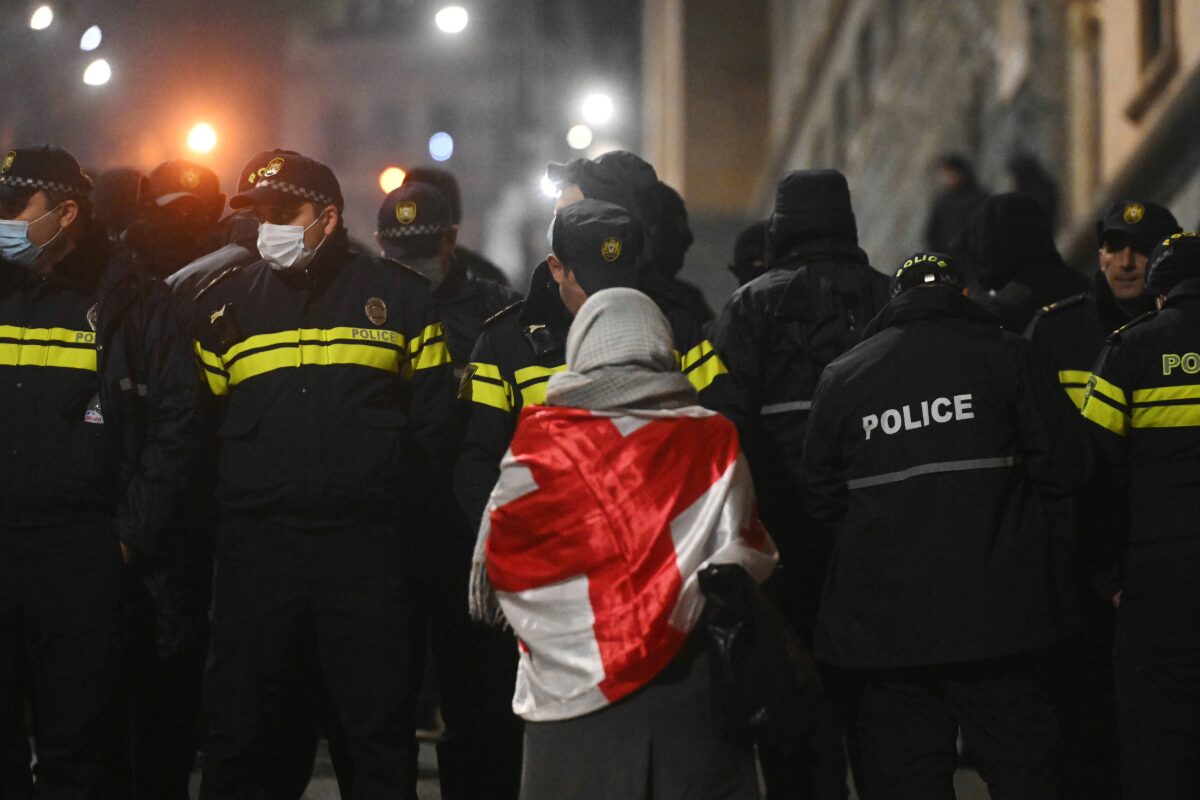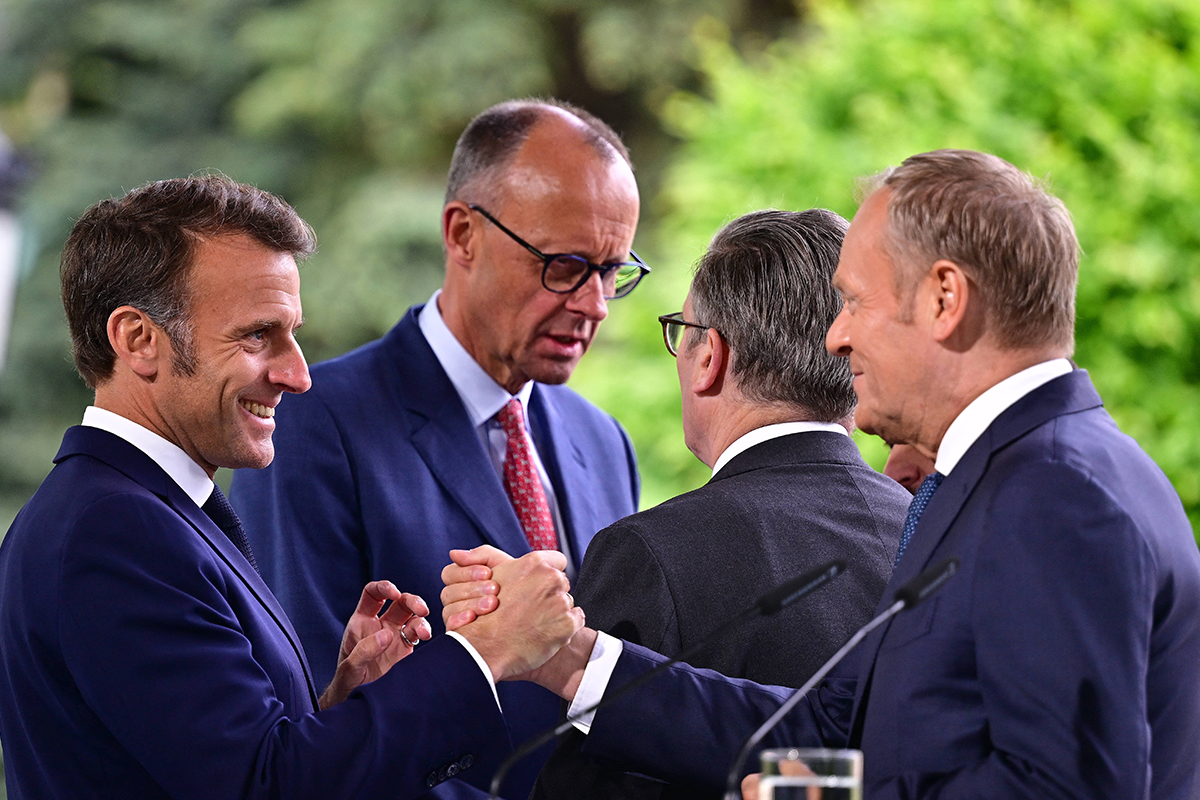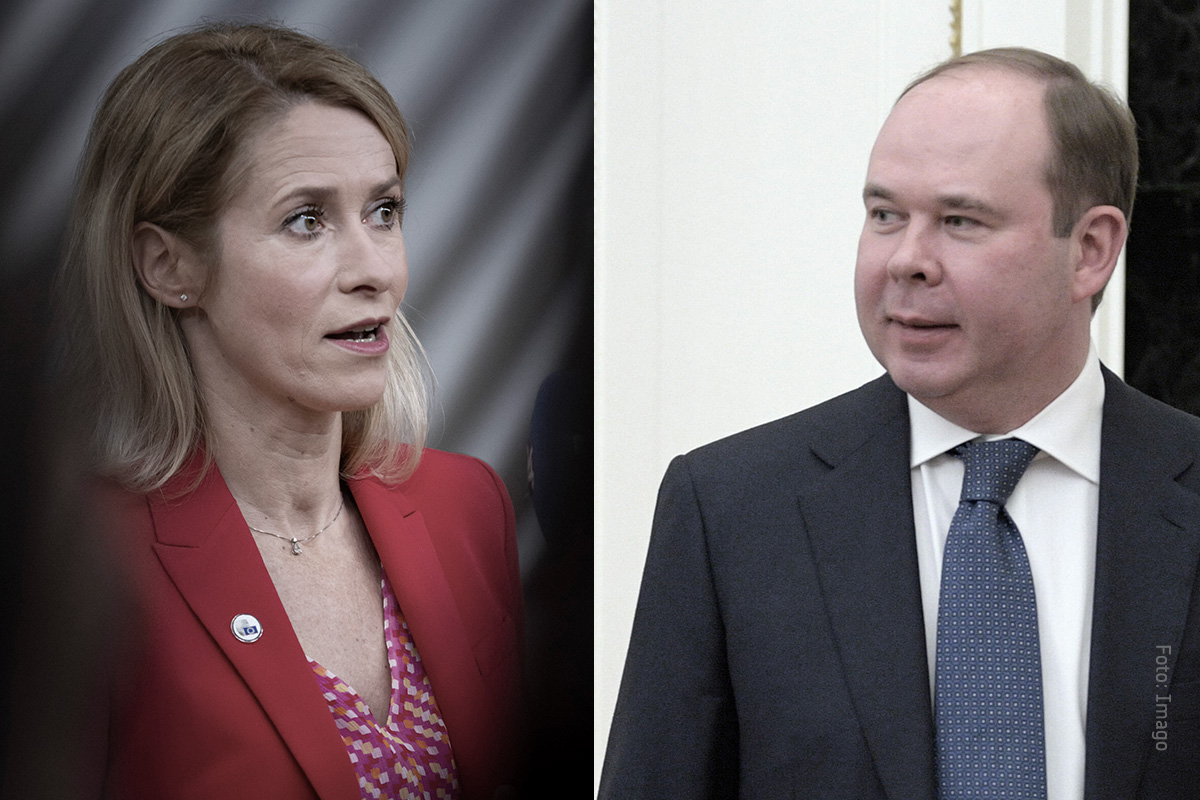Russian Propaganda Leveraging Social Media and Coronavirus in Georgia Ahead of Elections

Im Rahmen unseres Projektes „Östliche Partnerschaft 2.0“ veröffentlichen wir eine dritte Artikelreihe über die drei EU-Assoziierungsstaaten. Die Autoren aus der Region (Mikheil Benidze, Volodymyr Yermolenko, Victor Gotisan) analysieren die Auswirkung der Russischen Soft power (fake news, Medienpropaganda und Informationskrieg) in der Ukraine, Georgien und Moldau aus zivilgesellschaftlicher Perspektive.
Over recent years, Russian interference in the elections and political processes of other countries has become a major topic of discussion and concern in the West. In Russia’s immediate neighbourhood, however, this phenomenon is nothing new. Evidence of the Russian Federation’s hostile attitudes towards its sovereign neighbours no longer comes as a surprise to anyone, given the Kremlin’s record of military aggression, starting with its 2008 invasion of Georgia and occupation of Abkhazia and Tskhinvali region followed by the 2014 annexation of Crimea and occupation of the Donbass region in Ukraine. However, along with direct military action, the Kremlin has been engaging in a continuous campaign of information warfare aimed at undermining democracy and destabilising the political situation in these countries. Georgia has been a primary target of Russian influence operations, the Kremlin’s objectives there are detering the process of European and NATO integration, thus derailing Georgian foreign policy, and to increase political polarisation domestically.
As is the case elsewhere, the Russian propaganda campaign in Georgia seeks to exploit existing vulnerabilities in society. Traditional values, religion and territorial conflicts are some of the issues that provide fertile ground for the manipulation of public sentiments in Georgia. To advance its interests, the Russian government supports various pro-Kremlin actors, such as political parties, media outlets, NGOs, and radical extremist groups, which often act as vehicles for spreading anti-Western narratives. The country’s most influential institution – the Georgian Orthodox Church (GOC), is also subject to significant Russian influence, and orthodox clergy often serve as sources or amplifiers of pro-Russian and anti-Western narratives. Not all of these actors have direct and open links with Russia though, and some may act as natural amplifiers or “useful idiots”, contributing to the overall pro-Kremlin ecosystem of soft power and propaganda that thrives on conspiracy theories and divisive narratives.
A Media Development Foundation (MDF) study of anti-Western propaganda observed that anti-Western narratives take a three-tiered approach: sowing fear, instilling despair, and offering alternative solutions. According to the MDF’s report, anti-Western propaganda uses the danger of antagonising Russia, the risk of war and of the loss of territories, as well as threat of a loss of identity to promote fears in Georgian society. The main messages used to instil despair focus on scepticism about the willingness on the part of the EU and NATO to support Georgia and portrayals of liberal decline in the West, as well as aiming to fuel mistrust towards institutions and undermining belief in Georgian sovereignty. Against this backdrop, direct dialogue with Russia and political and military neutrality are offered as a solution for territorial problems and a pro-Russian orientation presented as a way to protect Georgian identity and ensure economic stability.
In its propaganda ecosystem, Russia has relied heavily on Facebook – the most popular social network in Georgia. Pro-Kremlin actors have been intensively setting up and using social media infrastructure to spread disinformation and false news. In the context of its social media monitoring, the International Society for Fair Elections and Democracy (ISFED) – a Georgian election and democracy watchdog –uncovered organised networks on Facebook that operated in a coordinated manner to artificially amplify and disseminate content from the pro-Russian outlets News-Front and Sputnik.
News-Front, an overt and aggressive vehicle of Russian disinformation, was established in occupied Crimea in 2014 and launched in the Georgian language in October 2019, becoming engaged in information operations on Facebook shortly thereafter. Specifically, the ISFED’s investigation found that “News-Front attempted to instigate antagonism and aggression among Georgian Facebook users, dividing the society, creating political polarization [...] and employing a range of tactics to spread anti-Western, pro-Russian messages.” As part of its operation, News-Front used fake accounts that shared News-Front content in a covert, organised and targeted manner to at least 31 open Facebook groups with a combined audience of over half a million. Apart from promoting anti-Western and pro-Russian content, this network targeted both pro-government and pro-opposition Facebook groups “with tailored provocative messages which may have served the purpose of dividing the society into two camps and triggering confrontation”.
It is probably no coincidence that News-Front’s Georgian service was launched one year ahead of Georgia’s October 2020 parliamentary elections. It is highly likely that inauthentic Facebook network was being set up to influence pre-election discourse and further fuel polarisation in Georgia, where political debate is already very charged. However, the start of the coronavirus pandemic and subsequent global health crisis provided an opportune moment for News-Front to launch an information offensive in Georgia. News-Front and its Facebook network were quickly mobilised to spread disinformation, conspiracies and anti-Western messages in Georgia. COVID-related Russian disinformation in Georgia attempted to distort reality and promote the view that Georgia should distance itself from the West and covertly attacked state institutions and measures taken to contain the virus. Once again, Russian disinformation attempted to discredit the US-supported Richard Lugar Centre for Public Health Research (Lugar Lab) of Georgia’s National Center for Disease Control, accusing it of involvement in the spread of the virus and undermining trust itsefforts to combat the coronavirus outbreak. Kremlin has long fuelled conspiracy theories relating to Lugar Lab, even accusing it of producing biological weapons. News-Front also exploited the GOC’s reluctance to limit church services and desire to continue the use of a shared spoon in its communion ritual despite public fears about the spread of the virus, portraying the COVID-related restrictions as an attack on the Orthodox Church and Eucharist practice and urged believers to attend church services to receive communion with a shared spoon.
The ISFED also found that, like News-Front, another Russian media outlet, Sputnik, also used fake Facebook accounts to artificially amplify content in Georgia. In this case, however, the content being shared was not political but related to a wide range of general-interest topics such as tabloid news, fashion, cuisine, tourism, horoscopes, gardening, agriculture, emigrant communities, etc. Combined reach of the 11 pages and 41 groups Sputnik used to spread such content was nearly 2 million Facebook users These covert operations may have been aimed at establishing Sputnik as a reliable source of information on various general issues, driving up traffic to its website, and, potentially, collecting the personal data of users by asking website visitors permission to allow notifications from Sputnik.
Facebook removed global News-Front infrastructure from its platform in April 2020, banning the organisation from re-establishing itself on the network. Fake accounts associated with Sputnik found by ISFED were also removed at around the same time. This may have limited some of the capabilities of the Russian disinformation infrastructure on Facebook ahead of Georgia’s parliamentary elections, however these investigations demonstrate that Russia is and will be exploiting capabilities of social media to influence public discourse and elections in Georgia. It appears that individuals related to News-Front are already attempting to establish an alternative presence on Facebook. However, alongside the outlets that are officially affiliated with the Kremlin, there are numerous other “influence assets” on Facebook that are spreading divisive narratives on value-based issues similar to those that Russian propaganda has exploited elsewhere in Europe.
During the 2018 presidential elections in Georgia, the ISFED’s monitoring found 52 Facebook pages that spread nationalistic, xenophobic, anti-liberal, homophobic, Islamophobic and anti-Western narratives. By 2020, some of those pages had also started operating with complex inauthentic networks – a self-proclaimed “alternative news source”, Alt-Info, is pushing anti-Western propaganda, including the ideas of Kremlin ideologist Alexandr Dugin, through a coordinated network of Facebook pages and groups. The pro-Russian party Alliance of Patriots also seems to be running a coordinated network on Facebook.
Georgia’s 2020 elections represent a key milestone for the country’s democratic development and are likely to determine how ambitious Georgia will be in pursuing its declared path of democratic transformation and Western integration moving forward. There is no doubt that the Kremlin will use all of its soft power and propaganda infrastructure to influence these elections and public discourse. Given the ongoing pandemic, the already polarised political landscape and significant domestic disinformation and discrediting campaigns that government proxies and some opposition actors are conducting against one another, the information environment will be the key challenge of these elections. Handling this challenge will be a major test for Georgia’s government.
Mikheil Benidze is current Senior Advisor and former Executive Director at the International Society for Fair Elections and Democracy (ISFED). ISFED is a major election observer and democracy watchdog in Georgia that has operated since 1995.
Wir sind als gemeinnützig anerkannt, entsprechend sind Spenden steuerlich absetzbar. Für eine Spendenbescheinigung (nötig bei einem Betrag über 200 EUR), senden Sie Ihre Adressdaten bitte an finanzen@libmod.de
Verwandte Themen
Newsletter bestellen
Mit dem LibMod-Newsletter erhalten Sie regelmäßig Neuigkeiten zu unseren Themen in Ihr Postfach.





